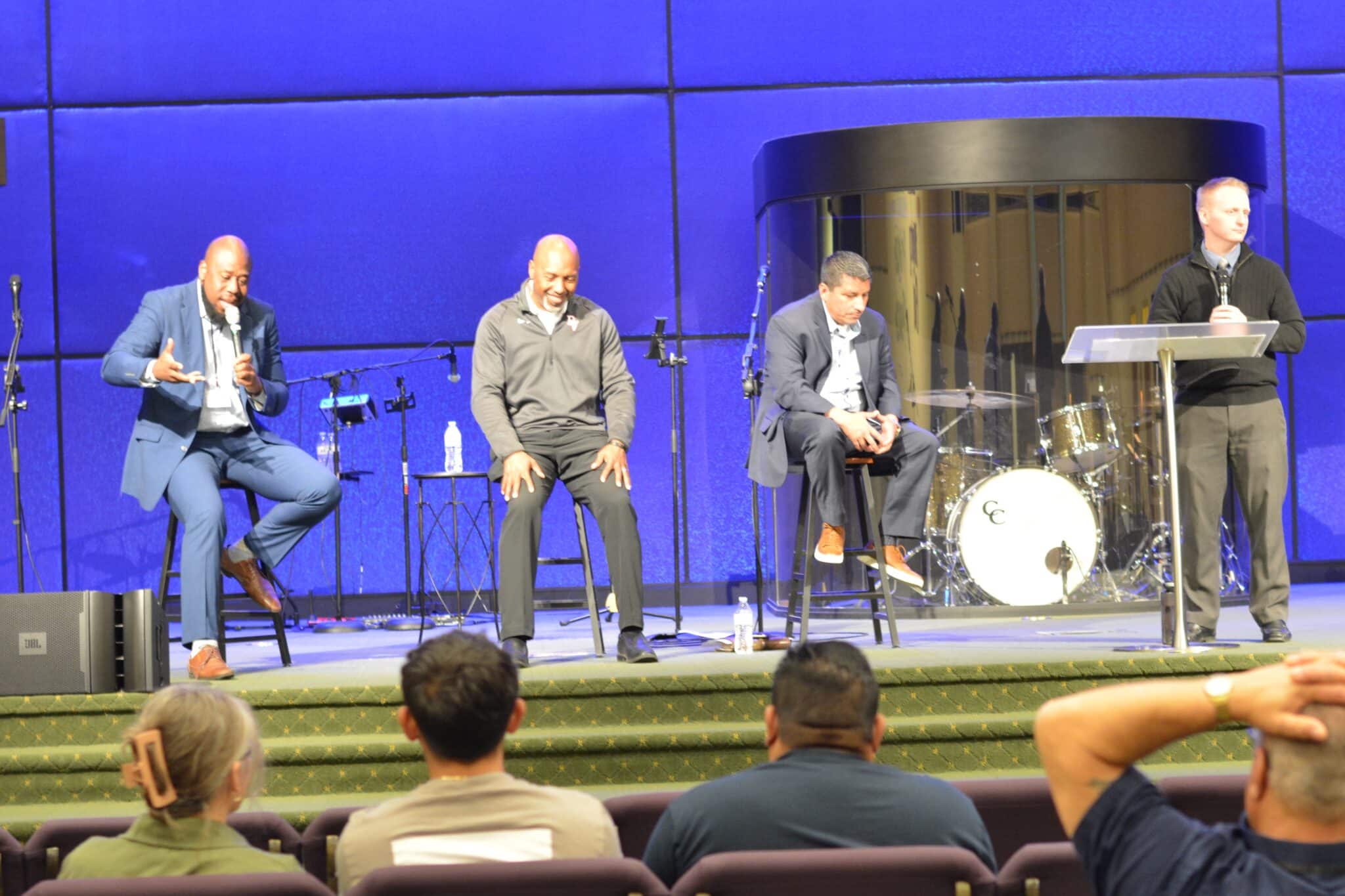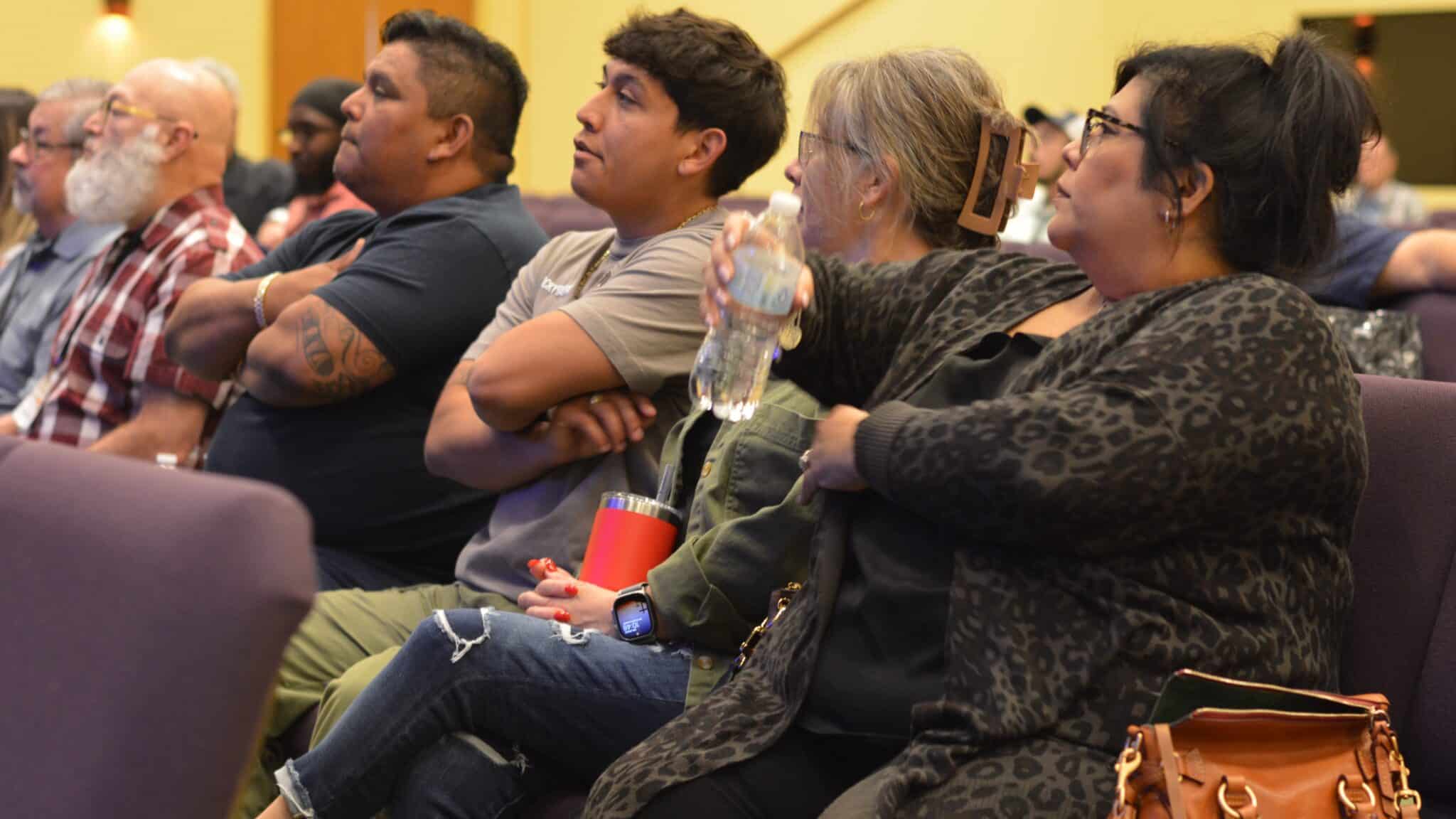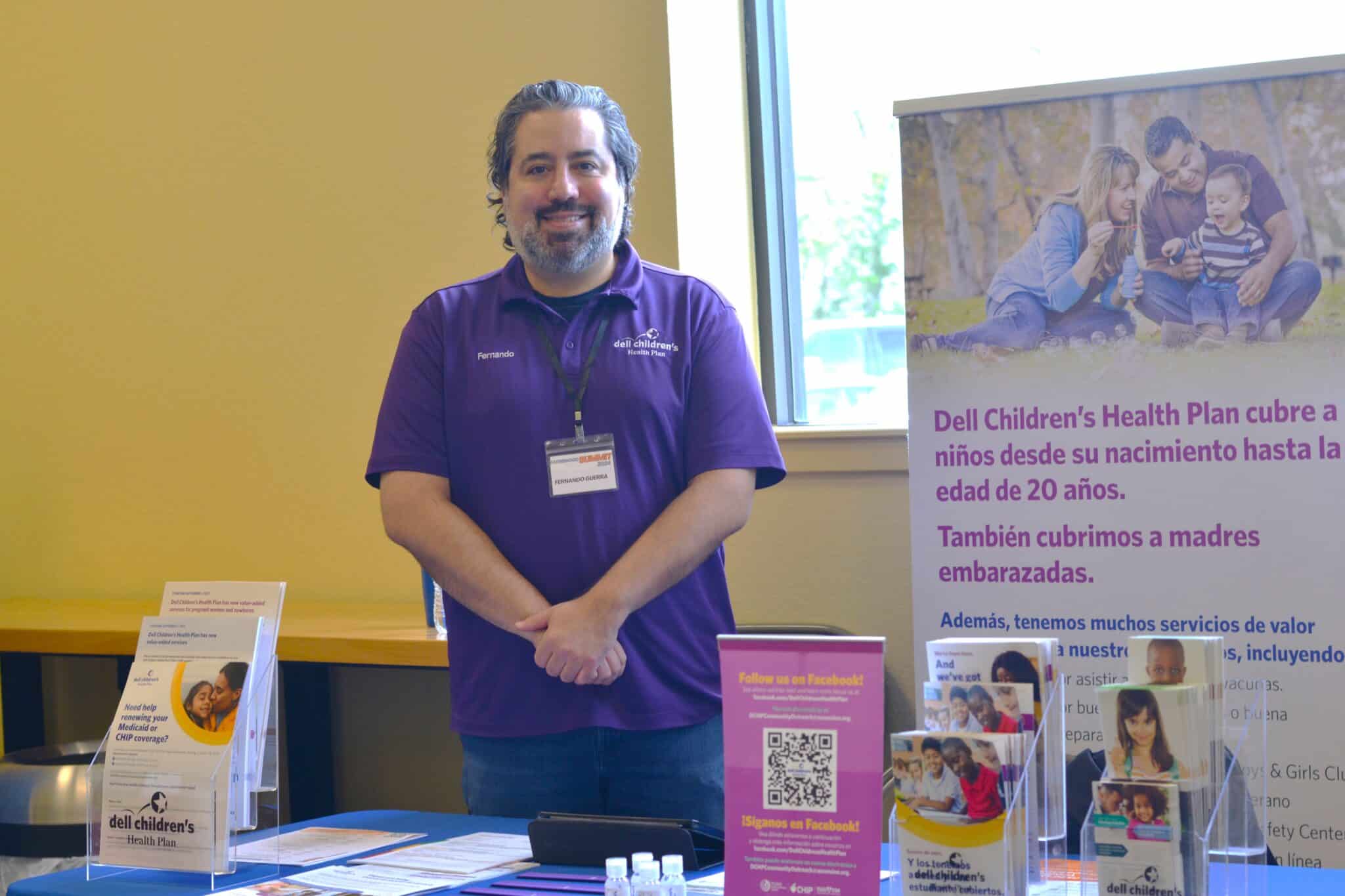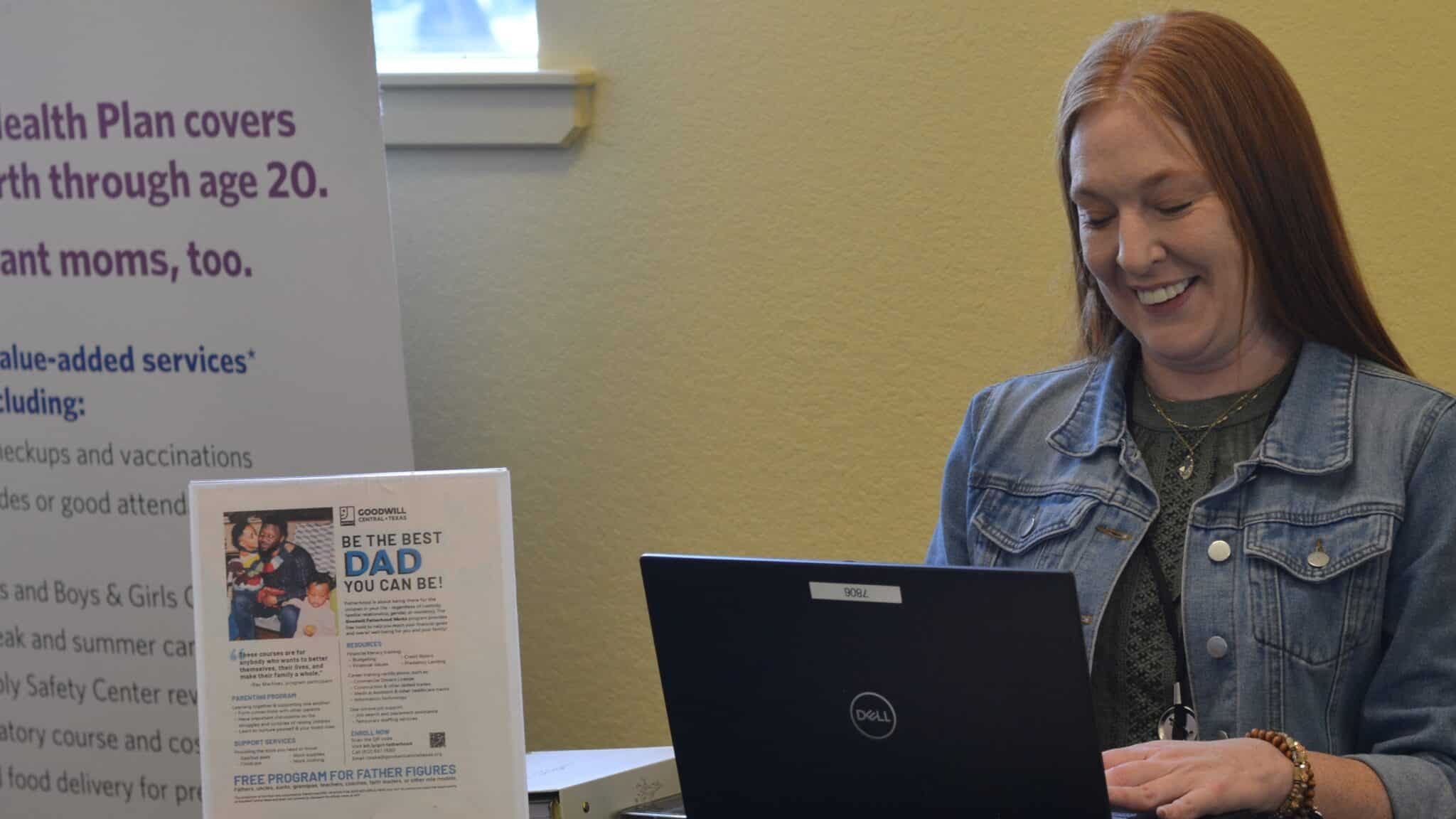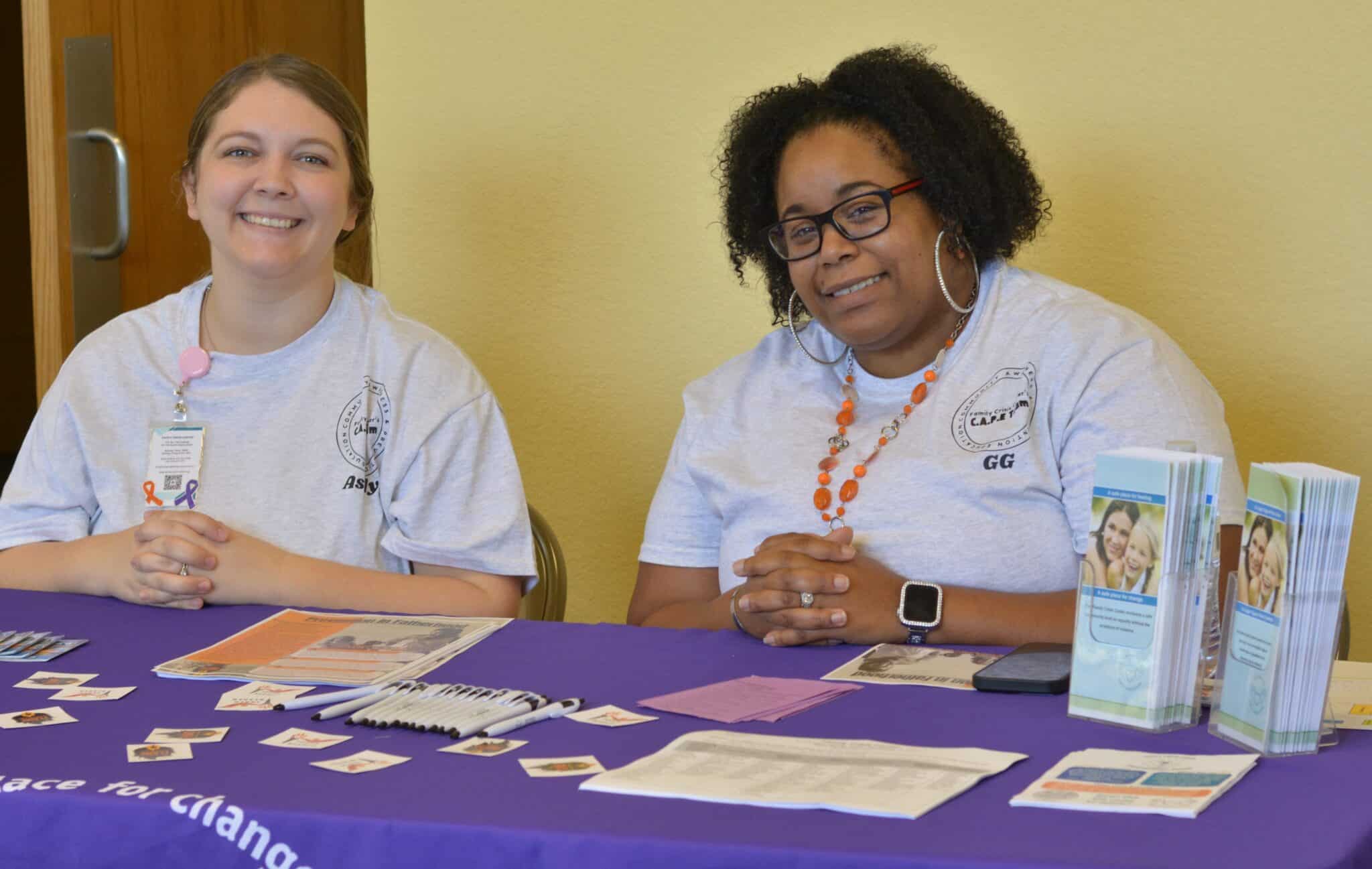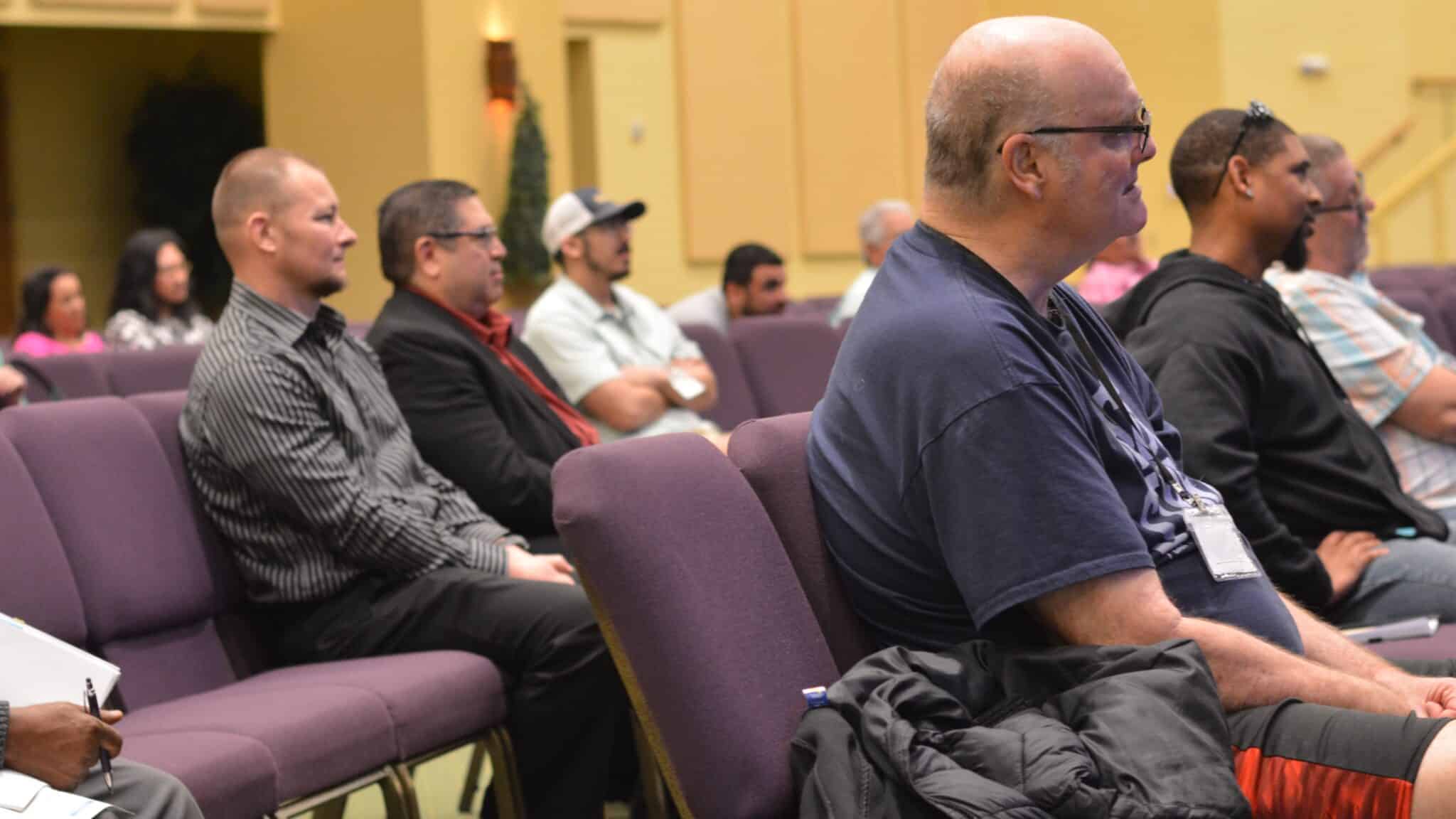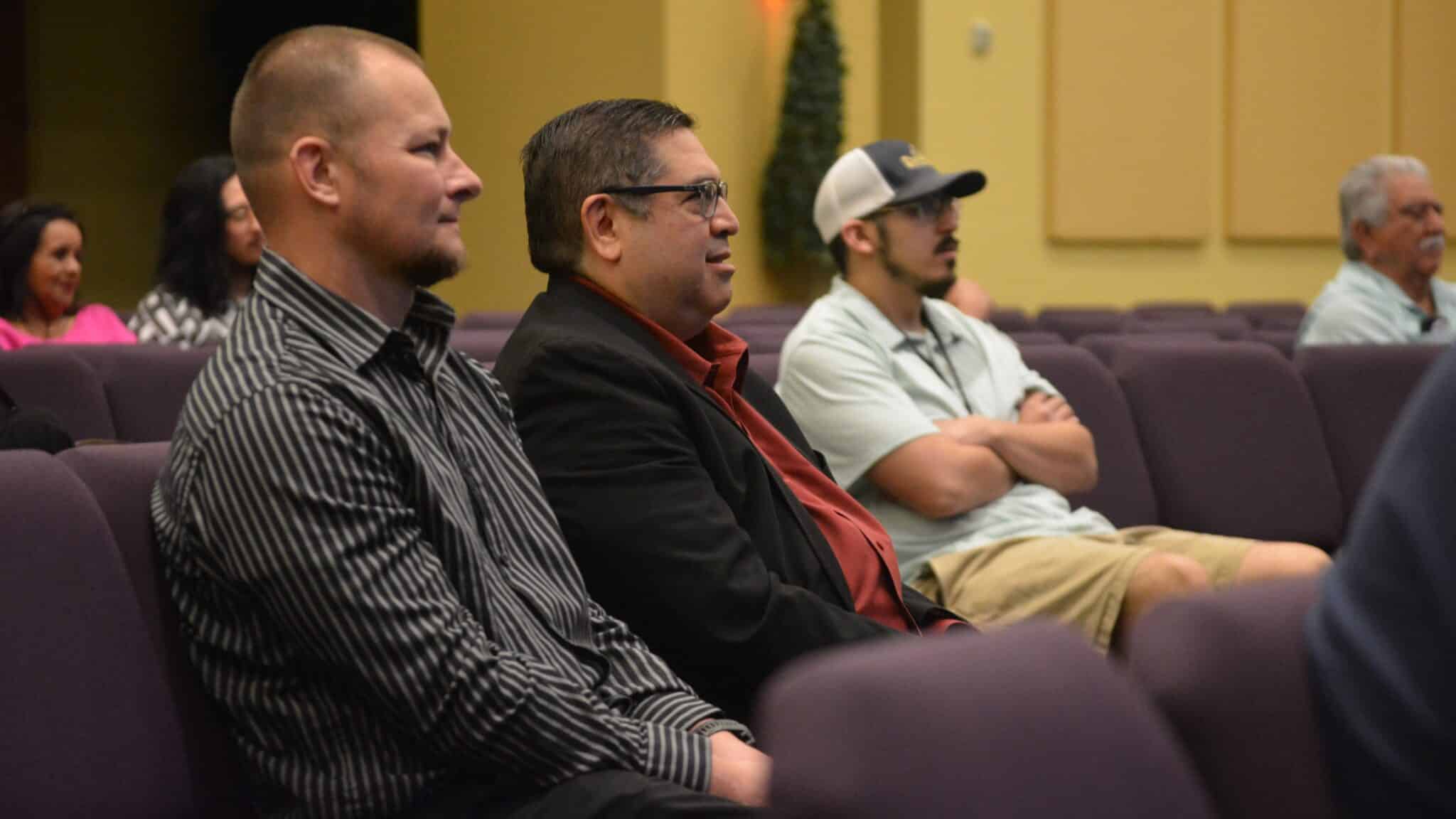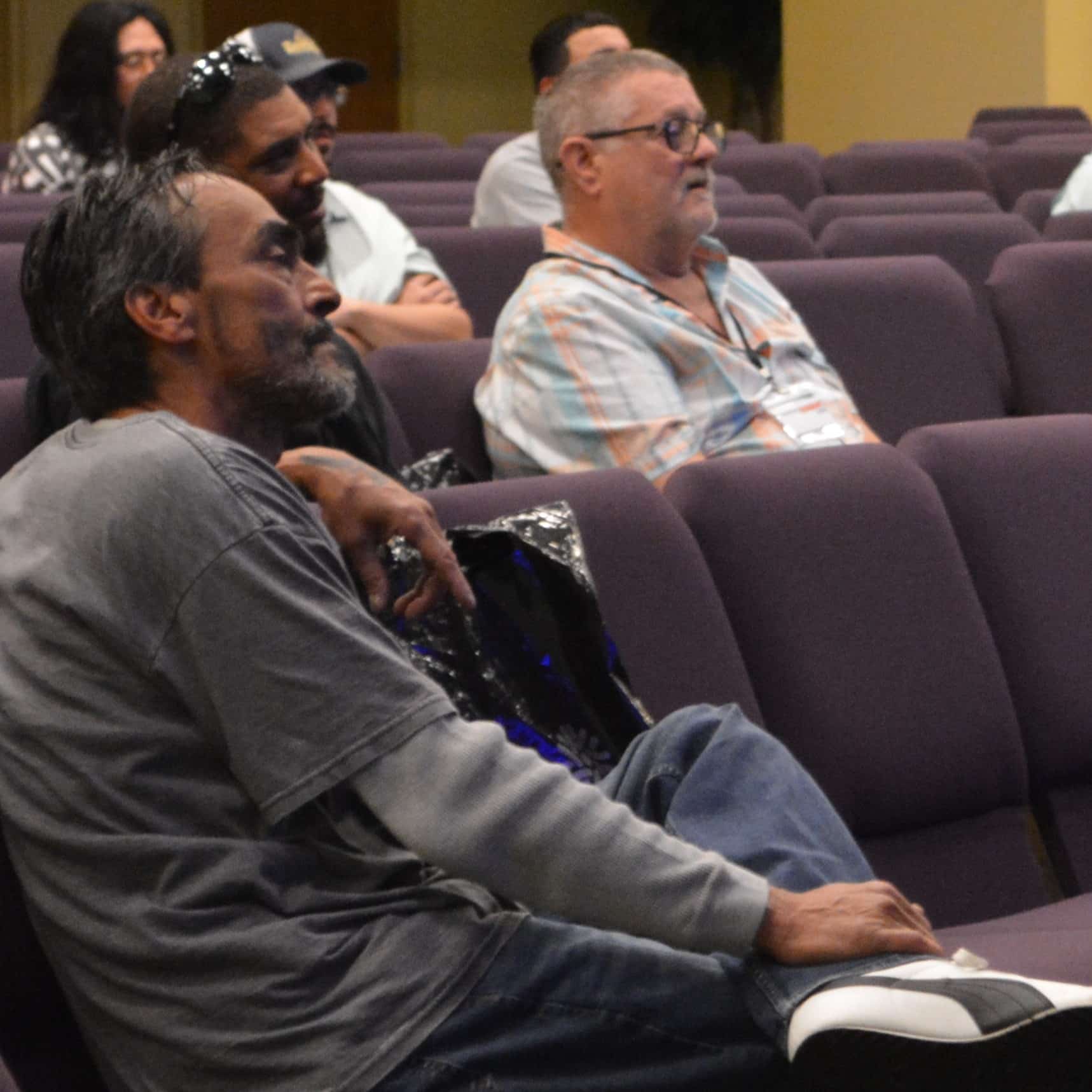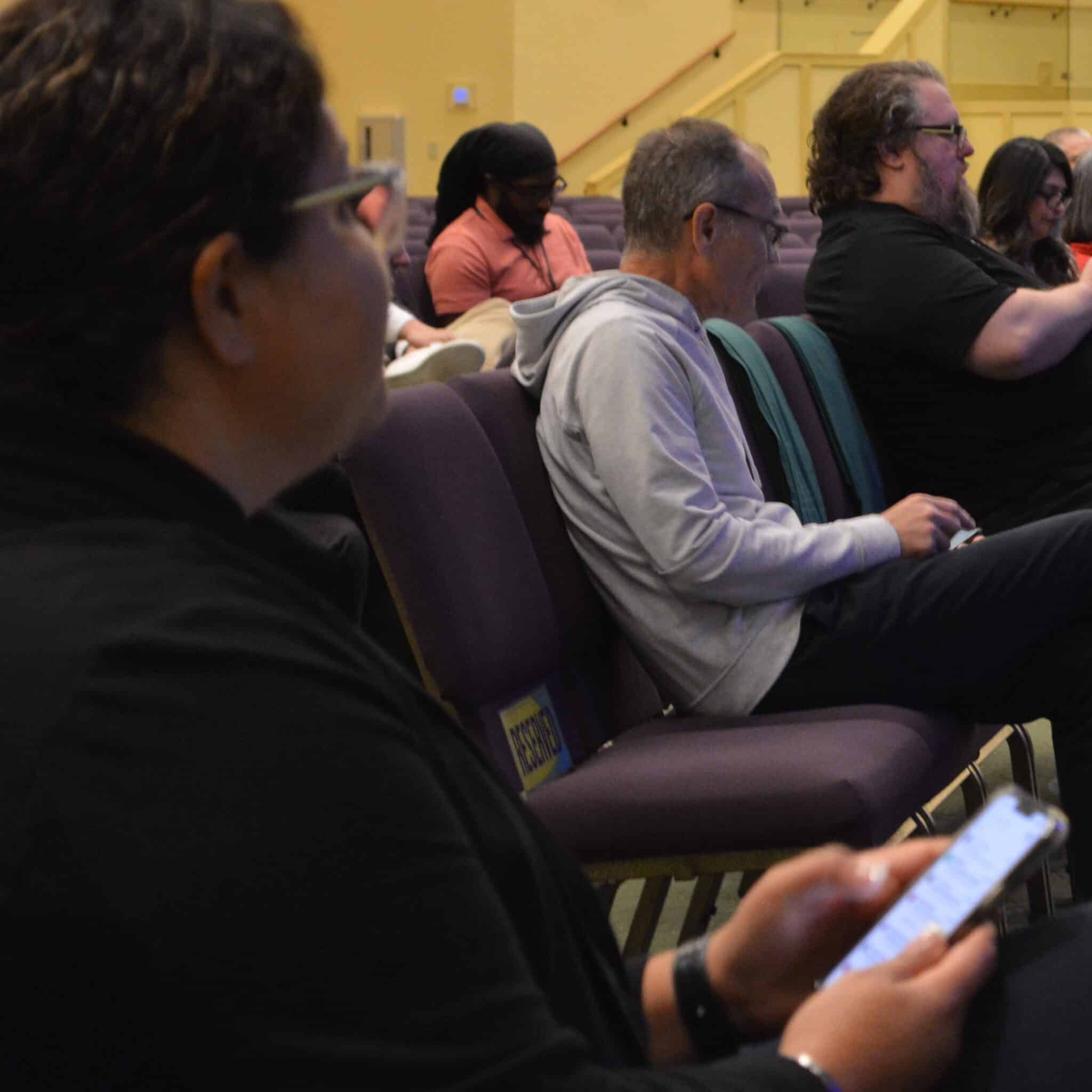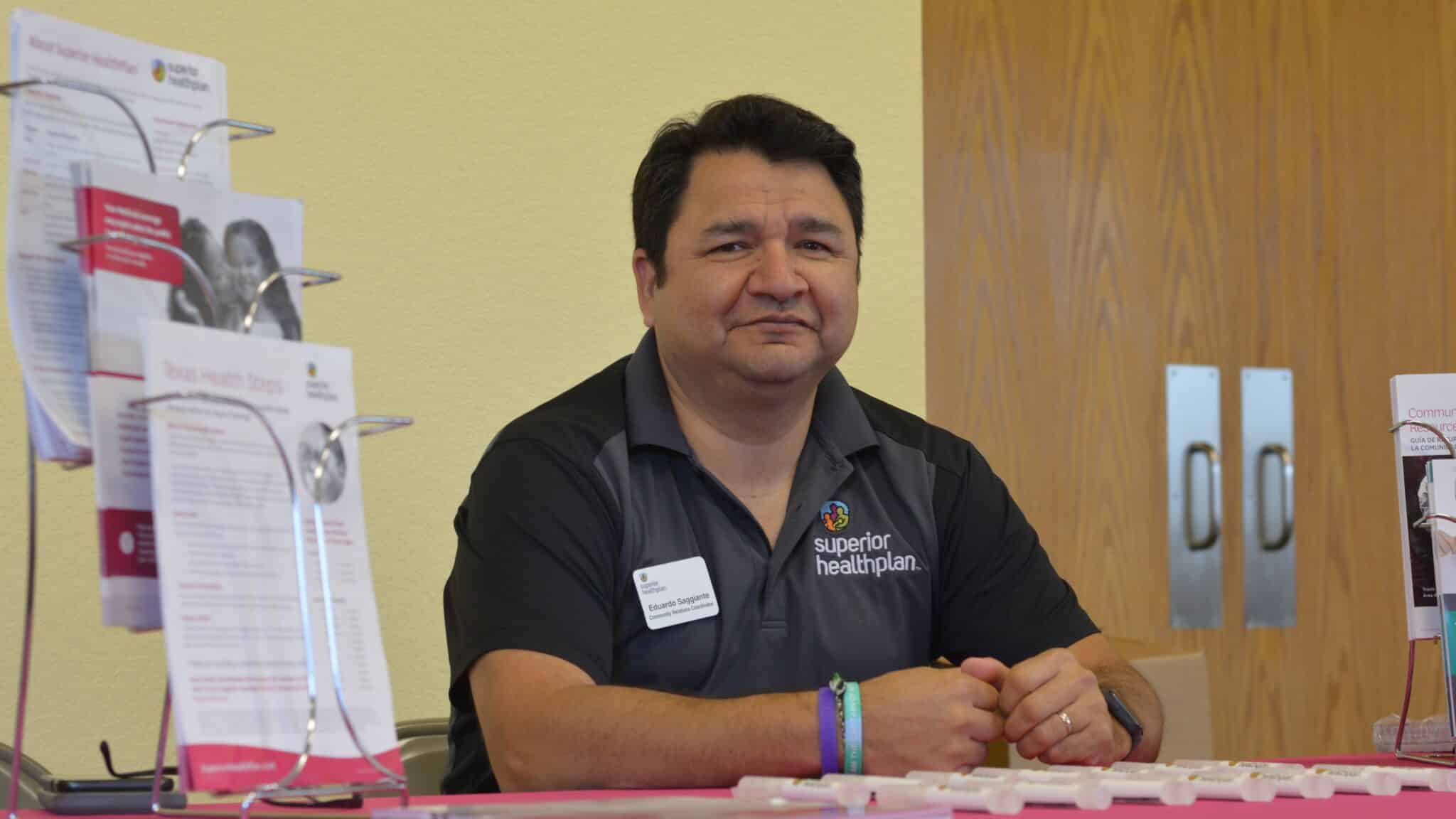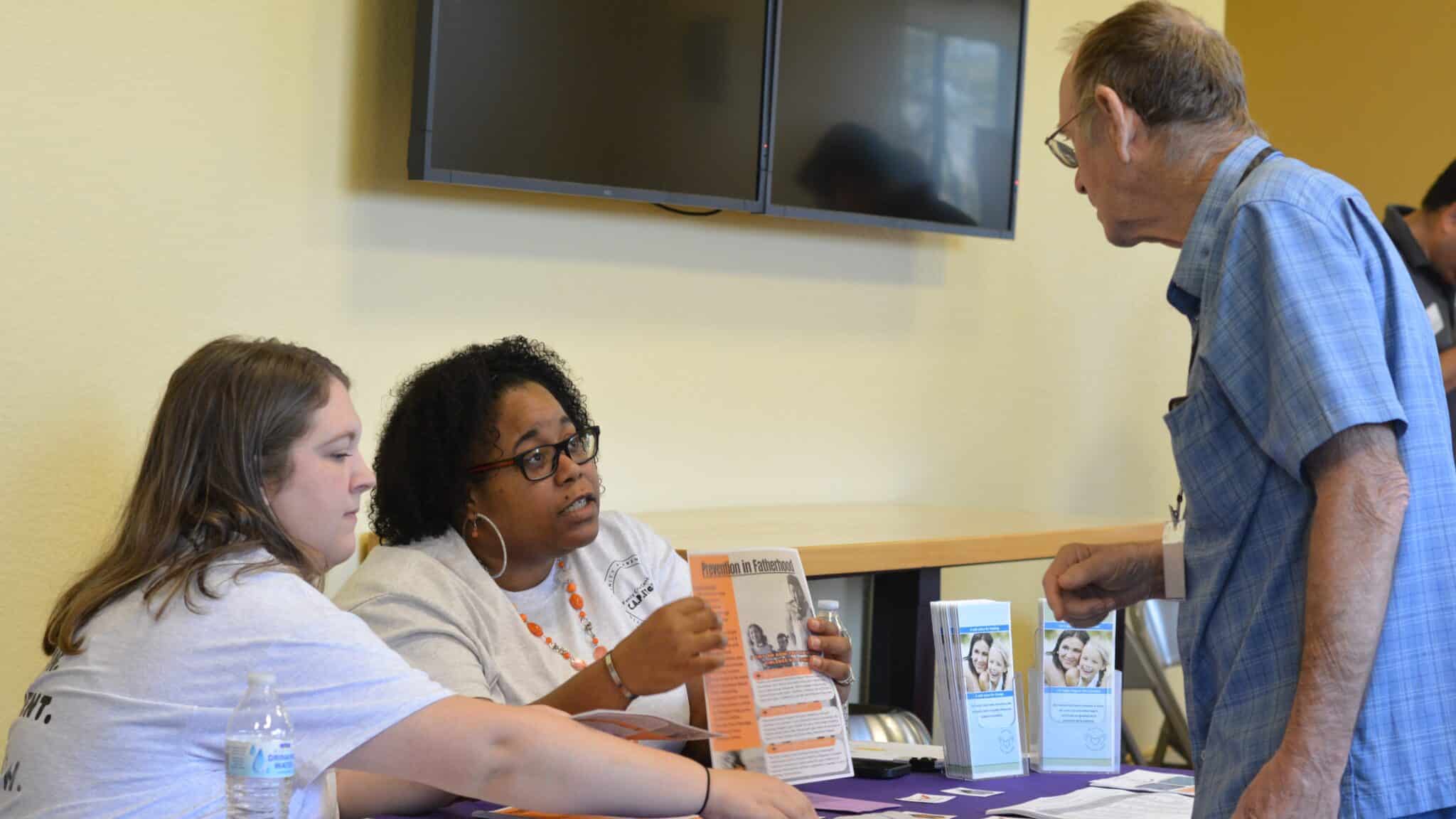
Empowering fathers, enriching families, and strengthening our community through the power of fatherhood
Welcome to the Bastrop County Fatherhood Collaborative, where we are dedicated to promoting the vital importance of fatherhood. We invite all fathers, fatherhood figures (including single moms), and fatherhood champions to join us in our mission. Together, we can make a positive impact on our community by fostering strong father-child relationships and supporting families.
Upcoming Events
Join us at our upcoming events to connect with like-minded individuals and make an investment in fatherhood.
24/7 Dad
More to come!
Fatherhood Flame Summit
Date: March 1, 2025
Time: TBD
Location: TBD
Bastrop County Fatherhood Collaborative Meeting
Date: April 16
Time: 6:00 PM – 7:30 PM (Meetings held every third Thursday each month, meal provided)
Location: To Be Determined (TBD)
Chilling and Grilling Events
Various locations and times, held on a regular basis.
Research
Systematic reviews of father involvement during pregnancy and maternal health have found that male involvement is associated with reduced odds of maternal depression, higher likelihood of maternal access to health services, more preparedness around birth and birth complications, and better maternal nutrition.
Additionally, having a father present during the first prenatal ultrasound is associated with higher likelihood of full-term pregnancy,infancy, partner support is associated with higher likelihood and longer duration of breastfeeding, associations between father-child dietary intake exist as early as 20 months of age, a child’s pre-school years, father involvement can increase children’s physical activity levels.
In recognition of the father’s profound influence on pregnancy and child outcomes, the American Academy of Pediatrics (AAP) advises healthcare professionals to communicate the father’s unique role in modeling physical activity and safe behaviors (ie, seat belt use), ask expecting fathers what parenting skills they are lacking, provide resources to help fathers gain confidence, and promote the use of policies, such as the Family Medical Leave Act. Together, these findings suggest that interventions leveraging paternal availability, involvement, and engagement in health behaviors may promote better outcomes for mothers, fathers, and children. Yet, to our knowledge, no studies have described fathers’ unmet social or economic needs—such as housing/food insecurity, underemployment, and limited access to financial or social support—during pregnancy, as well as parenting information they most need during this early and sensitive period of familial transition. As a first step towards addressing these critical gaps in understanding, the current study has 2 exploratory aims. We first describe fathers’ unmet social and economic needs—corresponding to a social determinant of health framework during pregnancy in a diverse sample of low-income families. Second, we describe the information that fathers request learning about pregnancy, childbirth, parenting, and their own health behaviors.
Source: National Library of Medicine






